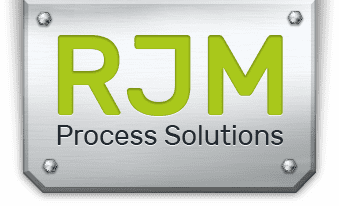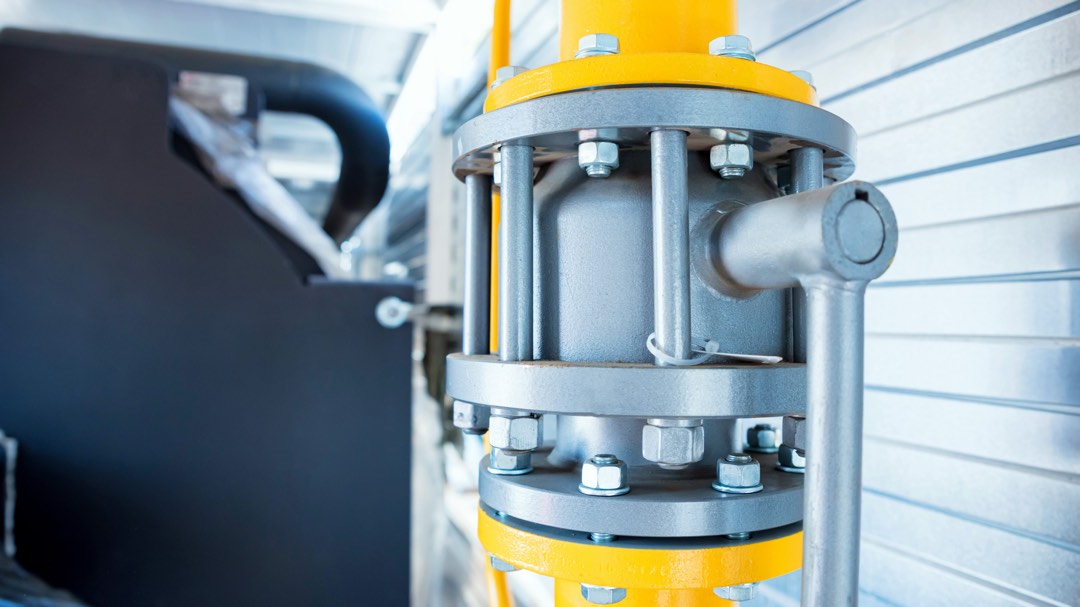Background
A large paint company manufactures a wide range of paints for decorative and industrial use.
Fully committed to continuous quality improvements in its business practices, the company routinely tracks those achievements with measurable procedures. Its plants are certified as environmentally safe.
Challenges
In the process of meeting both of those objectives, the company was recently forced to investigate a new way to filter impurities from soy-based resins used in the manufacturing of certain paints. Three different types of impurities compounded the problem. First, the dominant intruder, consisted of oversized particles that occur naturally in resins. Second, foreign fiber matters, which are finer than resin particles, were also proving to be troublesome.
The third was the buildup of colloidal haze, which again occurs naturally, and can adversely affect the quality of the paint. The existing setup was highly labor intensive requiring the manual dismantling of the equipment for cleaning. Exposure to hazardous gases and high temperatures were also present during cleaning. In addition, maintenance was becoming increasingly more difficult and costly, and plant officials believed that the aging system was occupying too much floor space. Its shabby appearance due to years of resin spillage was also disconcerting to workers and visitors alike.
Solution
Working with plant officials, Eaton filtration with RJM Process Solutions installed an Eaton DCF-1600 mechanically cleaned filter to remedy the problems associated with the large particles and foreign fibers.
The DCF-Series filters are ideal for highly viscous, abrasive or sticky liquids – including paint. DCF filters perform a self-cleaning action by mechanically scraping collected debris from the filter screen with a spring loaded cleaning disc that travels down and up, wiping the media clean of concentrated solids in both strokes. Collected debris is automatically purged from the collection chamber at the bottom of the filter.
Based on a remarkably simple concept, the self-cleaning filter consists of a cylindrical stainless steel housing that contains a filter screen. Unfiltered liquids enter the inlet, solids are deposited on the interior surface of the filtration media, and filtered fluid exits the outlet. Without halting production, this self-cleaning action provides the highest quality filtering under continuous demand.
Results
Officials at the paint company report that quality objectives have been met with the finished paint’s sparkle and finish better than ever. But best of all, the path to getting there is less costly, safer, and more environmentally friendly than what was experienced in the past. Financial gains are mainly attributed to filtration time reductions and improved flow rates that roughly have gone from one batch (18 tons) to four batches a day. Significantly less resin loss and reduced labor, disposal, and maintenance costs are bringing about additional savings. Meanwhile, the manual, hazardous cleaning of filters has been essentially eliminated. As for the aesthetics – a prettier picture is certainly now being painted with the smaller footprint and cleaner operation of the new Eaton filtration system.
Contact us today or more information about industrial control products and solutions or to request a quote.

